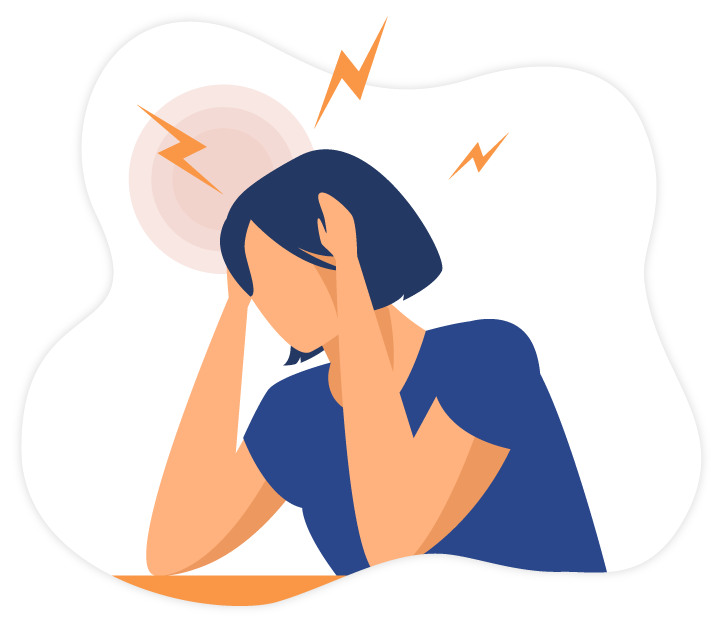Understanding Their Differences
What are Vestibular Headaches or Vertigo?
Vestibular Migraines, otherwise known as Cervical-Vertigo Headaches, migrainous vertigo, migraine associated vertigo, or migraine related vertigo are a condition that affects the body’s vestibular system.
The vestibular system is responsible for keeping the body balanced, by detecting head movements and prompting us to maintain our posture to compensate. It is constantly in communication with our brain about our head position and spatial orientation.
The vestibular system is located primarily in the inner-ear, and disruptions to this system and its connection to the central nervous system can result in vestibular migraines. Importantly, there are many nerves that travel to the vestibular system, from the neck as well as travelling to the brain from the vestibular system to the brain. Injury, or dysfunction affecting these nerves can have a huge effect on the function of the vestibular system. In these cases, sufferers of vestibular migraines may have a perfectly normal vestibular system when tested, but are experiencing their vestibular or balance symptoms because of dysfunctions in their neck disrupting their nervous system
Because of the complexity of diagnosis, it is important that you get expert advice to ensure that you receive the correct diagnosis and the best migraine prophylaxis (prevention) for you.




































